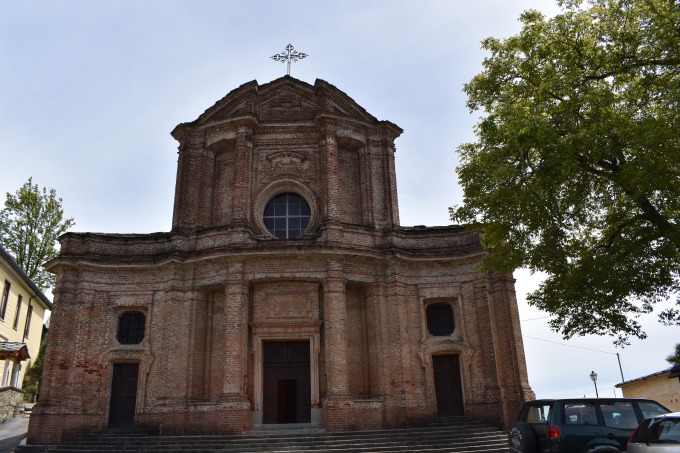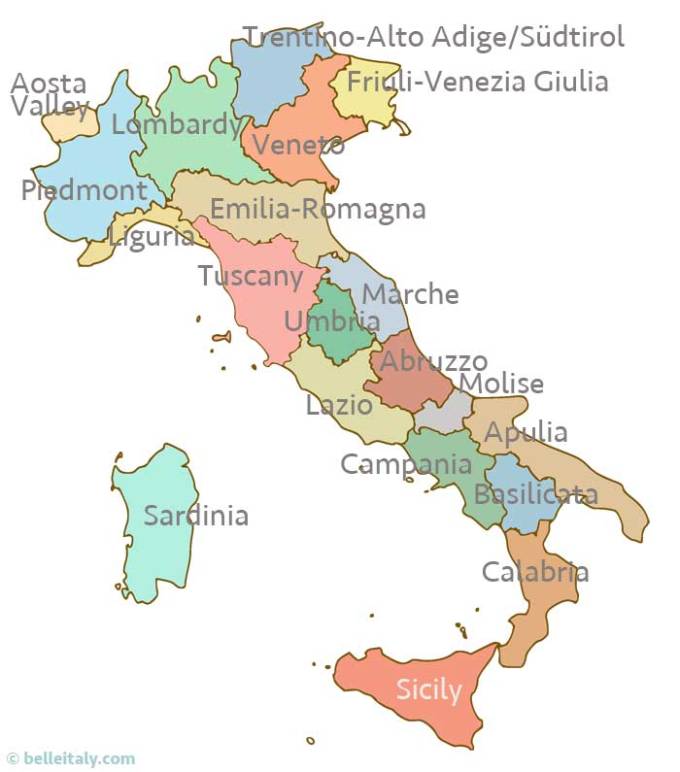Res. Prof. Lolita Nikolova, PhD, MH, MA, AAS, EdD candidate
Founder and Director of International Institute of Anthropology, Salt Lake City, Utah, USA
Just a few days ago a world scandal in the intellectual life as a purification step of rehumanization started and continues in most unexpected direction: After documentary proved announcement of belonging of Bulgarian-born French writer Julia Kristeva to the secret service of the communist regime of Nazi type in Bulgaria in later 1960s – early 1970s, Julia Kristeva used her website(s) to accuse the Dossier Commission that had distributed a false information (see below). However, there is no single piece in the published file of Kristeva that would make the reader question that Kristeva was a secret agent of the communist regime of Nazi type. Most interestingly, Kristeva states on her website that was neither Bulgarian nor French, Russian or American spy. So, we may expect further news about her personality.
See Bulgaria Alleges Julia Kristeva was State Security Agent
The people know about the Western culture that it is a culture of honesty. Kristeva, describing herself as even being adopted by America, has been using in most dishonest way the social media to deny obvious thing – she was a secret agent of the communist regime of Nazi type in Bulgaria. Most interestingly, she became affiliated with the secret Bulgarian services after her marriage to Philippe Sollers (1966), and was on report officially in early 1970s when she also visited Columbia University for lectures. This is the only steady connection of Kristeva in the USA where she continues to publish with Columbia University Press.
Web information describes the Columbia University as a place of traditional interest of Russian spies (see e.g. here about the last case). Such interest would not be without possible mediators there. So, it is unclear how Kristeva landed there and whether she did not become a spy, in particular, to use some connections of the secret agents in West in period, when she attempted to make a career in culture as a French writer. She has been described as an extremely ambitious woman. However, although Kristeva got even a lecturer position at French University, there is no information she had PhD from any place in the world. This is very strange for lecturers who describe themselves as professional researchers in the field of semiotics and linguistics. PhD is mandatory for researchers to prove originality of their writings on the topic. Obviously, Kristeva had serious limitations in her abilities in the field of semiotics and was not able to develop original thoughts at PhD level despite of published numerous books. Her publication activity has been explained mostly as using the influence of her husband, but now after the published file from Bulgaria, it comes out that she could be part of the permanent attempt of the communist agents in West to get a world position in culture using different corrupted networks (including publishers, reviewers and replicators).
We have been waiting for the official French position since having a communist agent on French campus is not the best advertisement of the French educational system. Regarding Columbia University, most recent case with Russian spy shows that the current academic leaders have adopted the academic culture of humanity. However, we do not know in detail the past of the Columbia University, except for the facts that it is one of places of traditional interests of the Russian spies.
Recent article about the academic space as a space of recruiting spies is very actual and together with the discovery of the Bulgarian Dossier Commission, both call for world innovation that would make all universities in the world free of any kind of spies. There should be a global law to treat as most serious crime any spy activities of any faculty and staff in the world, as well as any attempt for using the campuses for recruitment of spies. The reaction of Kristeva just demonstrates how dishonest and dangerous for humanities are those people and how they harm humanity including preventing campuses to become place of real talents and real humanists.
The academic campuses build the future of the world. In this future nobody wants lies and multi-personalities. If somebody is a real intellectual, there is no need to be a secret agent. Every faculty should to be an example of honesty and real culture. One of the main reasons of the deep crisis of the academic education is the fact that corruption may dominate in the recruitment of faculty and an active component of the corruption seems to be those secret agents who create wall against the real talents and real scientists on campus.
Bulgarians have many examples of being the best in the world. John Vincent Atanasov, connected with the discovery of the computer, has Bulgarian roots. John (Ivan) Notchev was an engineer with a primary contribution to Apollo space technology (3 American presidents were at his burial). Christo, an amazing artist, gathers periodically millions of visitors at his artistic installations. The examples of honest success of Bulgarian population, which has millions of immigrants all over the world, are endless.
Kristeva case is just an example that despite difficulties, the Bulgarian nation makes slow but steady steps toward world best model of democracy – the humanistic democracy. It is pity that the French writer born in Bulgaria (agent Sabina, aka Julia Kristeva) went on the road of dishonesty to have covered a shaming page of her life.
The full false statement of agent Sabina (aka Julia Kristeva) is at her website (www.kristeva.fr). Using Internet for false statement is a most serious moral crime:


